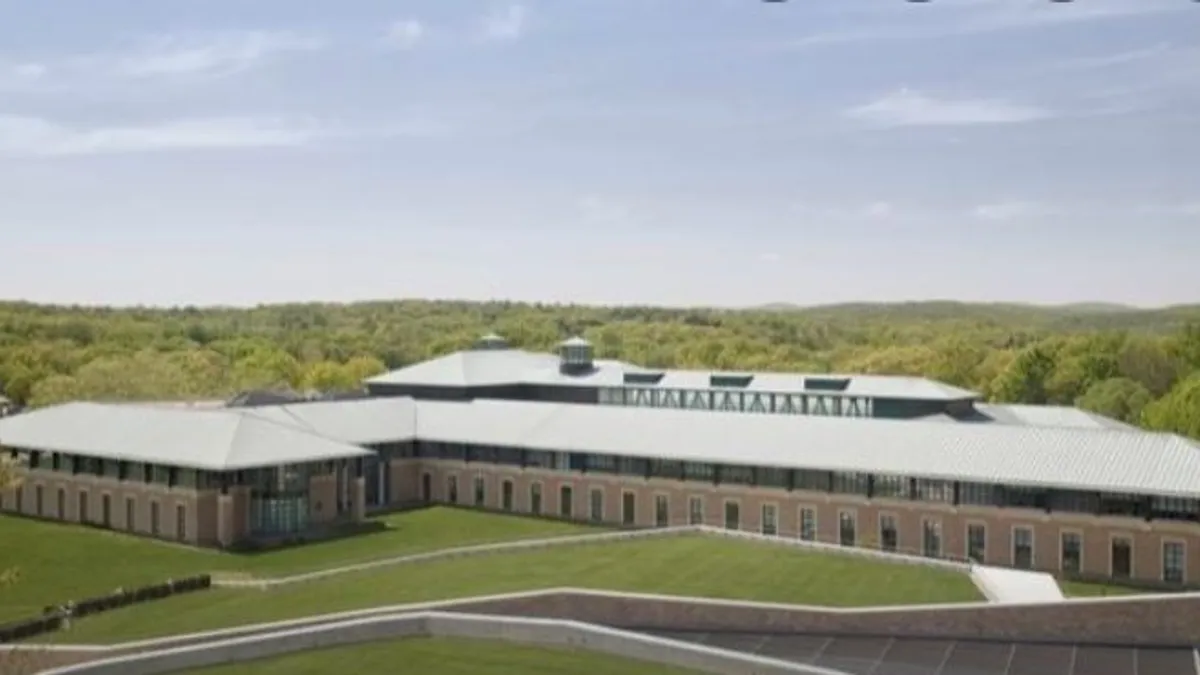Dive Brief:
- Becton Dickinson said on Monday it plans to buy pharmacy automation company Parata Systems for $1.5 billion.
- Durham, North Carolina-based Parata automates vial filling, packaging and central fill, which could lighten pharmacists’ workloads and pair well with BD’s Pyxis line of automated medication dispensers, J.P. Morgan analysts wrote in a research note on Monday. The $1.53 billion all-cash deal is expected to close by the end of March 2023.
- Parata is BD’s second acquisition this year and is aimed at helping the company reach its goal of attaining a 25% operating margin by the end of 2025.
Dive Insight:
BD’s acquisition of Parata from private equity firm Frazier Healthcare Partners gives it a market leader in a fast-growing category, the J.P. Morgan analysts wrote. Parata has 6,000 systems installed across 4,000 pharmacies in the U.S.
In addition to its work in retail pharmacies, the company also has its systems in long-term care facilities and health systems, though the latter is a new area for the business that BD’s reach can help with, according to Evercore ISI analysts.
“Parata is [the] market leader – there is no full line competitor in this market, there are several smaller individual brands,” they wrote in a Monday research note.
Parata reported revenue of $220 million in the 12 months ended March 31. In an investor presentation, BD touted the company’s double-digit revenue growth, saying it expects Parata to be “immediately accretive” to BD’s revenue growth, operating margin and earnings per share.
The deal is part of a string of acquisitions BD has made in recent years as part of a long-term strategy to boost its operating margins by 2025, according to Stifel analysts. At the same time, the company has been shedding lower-growth assets such as its diabetes care business.
BD made several acquisitions in 2021 and in February this year it bought flow cytometry business Cytognos.
“We’ve seen the company getting more active on the M&A front with much smaller acquisitions in the last few years, but this is the most meaningful tuck-in we’ve seen since the acquisition of Bard in 2017,” the J.P. Morgan analysts wrote.











